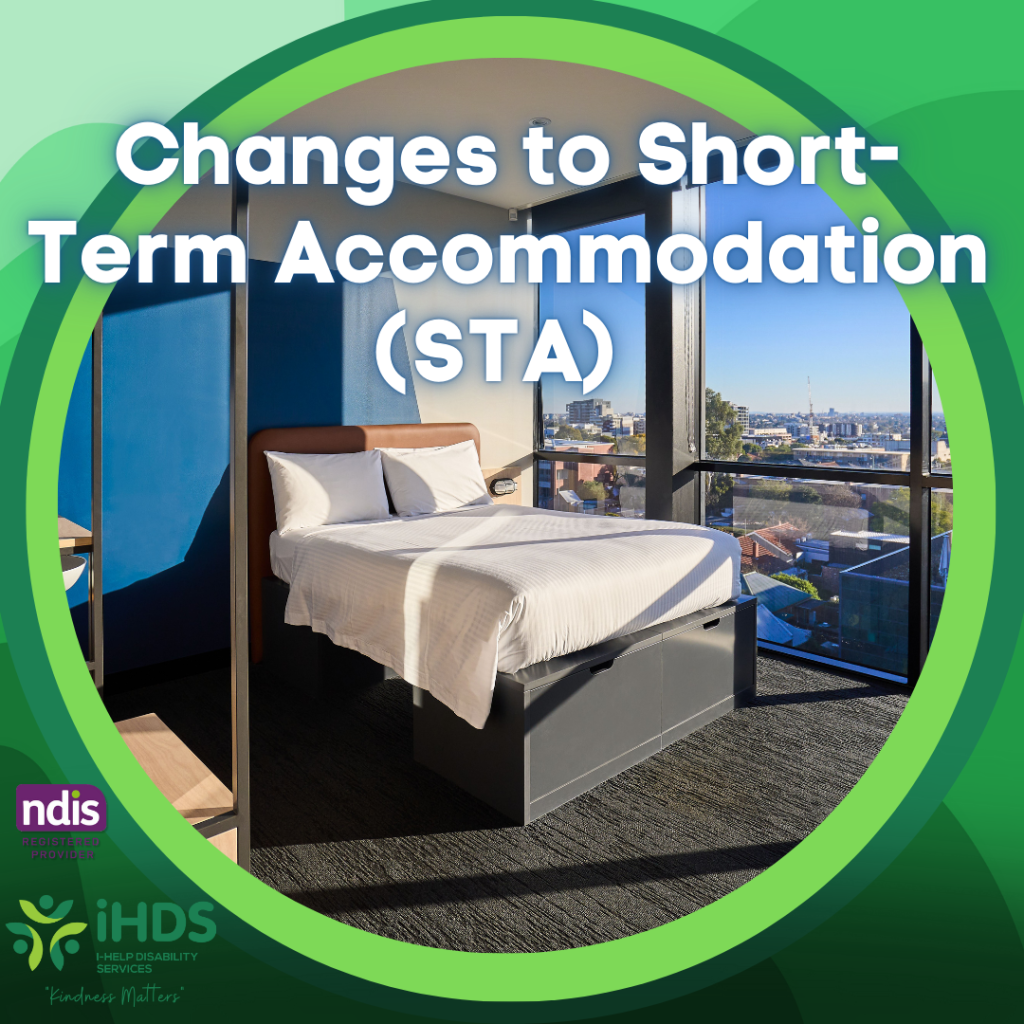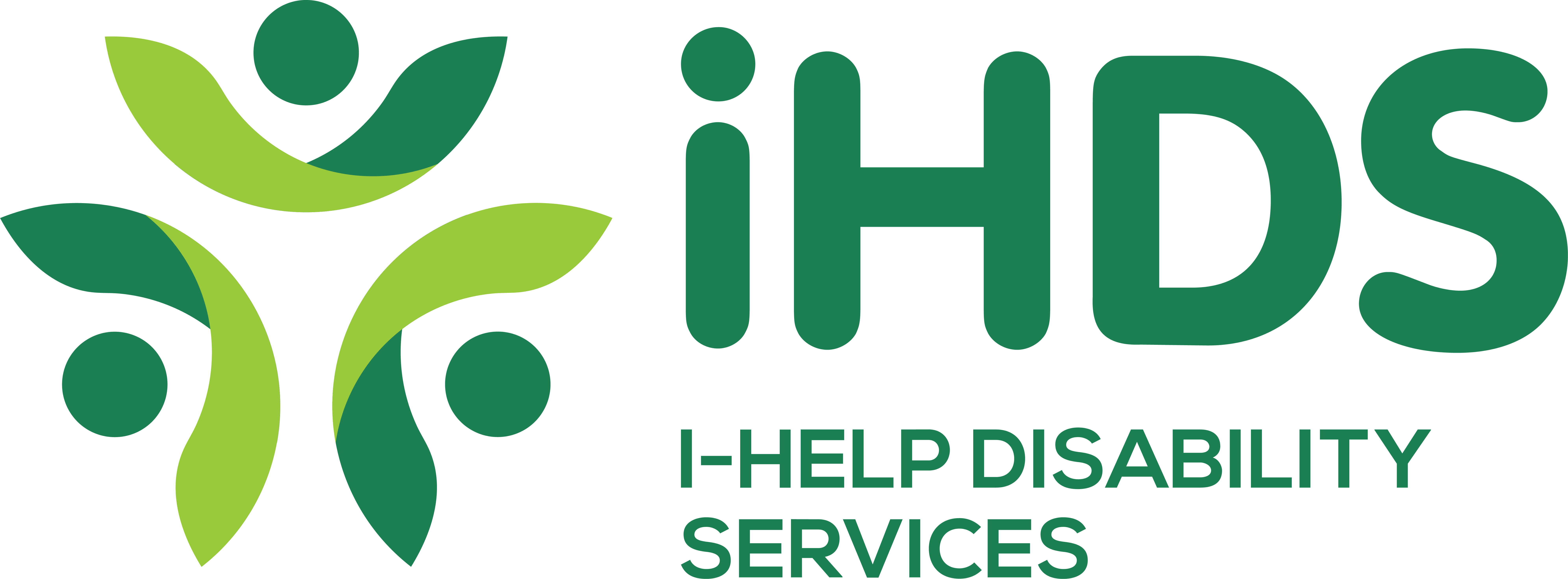Changes to Short-Term Accommodation (STA) NDIS October 3, 2024 legislation update
On October 3, 2024, the NDIA released a set of answers to frequently asked questions about changes to NDIS legislation, which you can find here: NDIS FAQs on Legislation. These updates provide clearer definitions of what the NDIS can and cannot fund, along with some significant changes to Short-Term Accommodation (STA).
Key questions covered in the FAQs include:
- What is Short Term Accommodation (STA)?
- How does STA work?
- How is STA funded?
- Can STA be used for holidays?
- Is STA available for participants in Supported Independent Living or those living alone?
- How does STA funding affect Individualised Living Options (ILO), particularly rent and rental subsidies?
The NDIA has also announced that a new operational guideline for STA will be released in early 2025. This guideline aims to clarify and resolve much of the confusion surrounding STA.
What Is Short Term Accommodation (STA)?
Short Term Accommodation, including respite care, is support designed for participants who need to stay somewhere outside their home for a short time. It can serve as a break for participants or as respite for their informal carers.
STA includes care, accommodation, meals, and activities during the stay. Activities may focus on capacity-building, such as group therapy sessions, fitness classes, or day trips.
How Is STA Funded?
STA funding falls under the Core Support category, “Assistance with Daily Living,” and is generally capped at 28 days per year. This can be used flexibly—for example, you might use it for a 14-day block or spread it over several weekends throughout the year.
To maximize value for money, participants may share support workers with others during their stay. However, if you require individual support due to your disability, you’ll need evidence to justify this.
How Do I Get STA Included in My Plan?
If you’d like STA funding added to your plan, you’ll need to request it during your planning or plan review meeting. Be prepared to explain:
- How much support you need.
- How your informal carers currently help you.
- The impact this has on both you and your carer.
- How STA would provide relief or improve your situation.
Supporting documentation is critical. Examples include:
- A report from an Occupational Therapist or Psychologist.
- A letter from your informal carer outlining their role and explaining how STA could help prevent burnout.
Providing clear evidence helps the NDIS understand why STA is reasonable and necessary in your circumstances.
Important Details About STA Funding
- Group vs. Individual Support: STA funding usually covers group rates, which often include bundled meals and activities. Individual support is only funded if solid evidence of need is provided.
- Travel Costs: Travel to and from STA locations is not covered. However, travel for activities during your stay may be funded if linked to your disability needs. Long-distance travel (e.g., flights) is not covered, so local STA options are recommended.
- STA Is Not a Holiday Fund: STA is designed for respite care, not for vacations or leisure activities. It won’t cover costs for tourist attractions, theme parks, cruises, airfare, or travel insurance. If you’re looking for holiday support, speak with your support coordinator about other options in your plan.
Changes for Participants in Supported Independent Living (SIL)
STA is no longer available for participants in Supported Independent Living or for those living alone. The reasoning is that these individuals already experience regular time apart from family or informal carers. Additionally, STA can no longer be used solely for capacity-building or independence-building purposes. It is now strictly designed to provide respite for informal carers.
I-Help responded quickly to the changes in the legislation for STA and put measures in place to ensure that the provision of STA continues to meet all compliance in order for continue providing STA in all regions of Melbourne. If you have any questions or service enquiries, you can contact us on:
Connect with us:
I-Help Disability Services
Links:
Connect with us:








 Referral
Referral